We’re very pleased to announce a new grant for $130,000 from The Leona M. and Harry B. Helmsley Charitable Trust to The Center For Scientific Integrity, our parent non-profit organization.
The generous funding from the Trust’s Biomedical Research Infrastructure Program will allow us to work with a consultant to develop operational and sustainability plans for the Center. Over the coming months, we will assess the current unmet needs within the realm of scientific integrity, develop a strategic business plan that targets those unmet needs, and explore opportunities for growth. While grants will remain a critical part of our budget, we hope to Continue reading Helmsley Trust helps Retraction Watch chart its future with new $130,000 grant
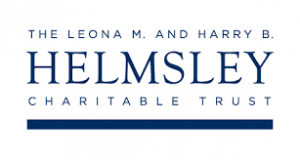

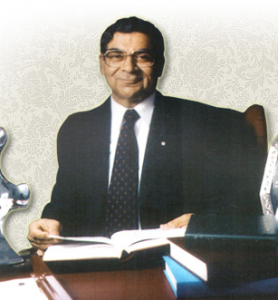
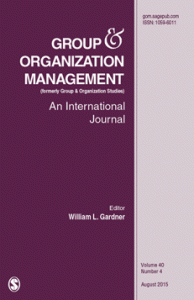
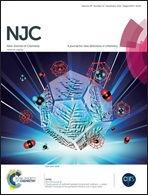
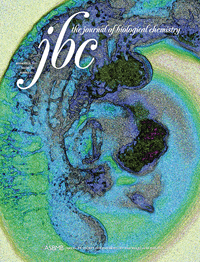
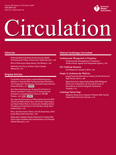 A major correction has been posted for an update to international guidelines on reporting outcomes of people receiving cardiopulmonary resuscitation (CPR).
A major correction has been posted for an update to international guidelines on reporting outcomes of people receiving cardiopulmonary resuscitation (CPR).